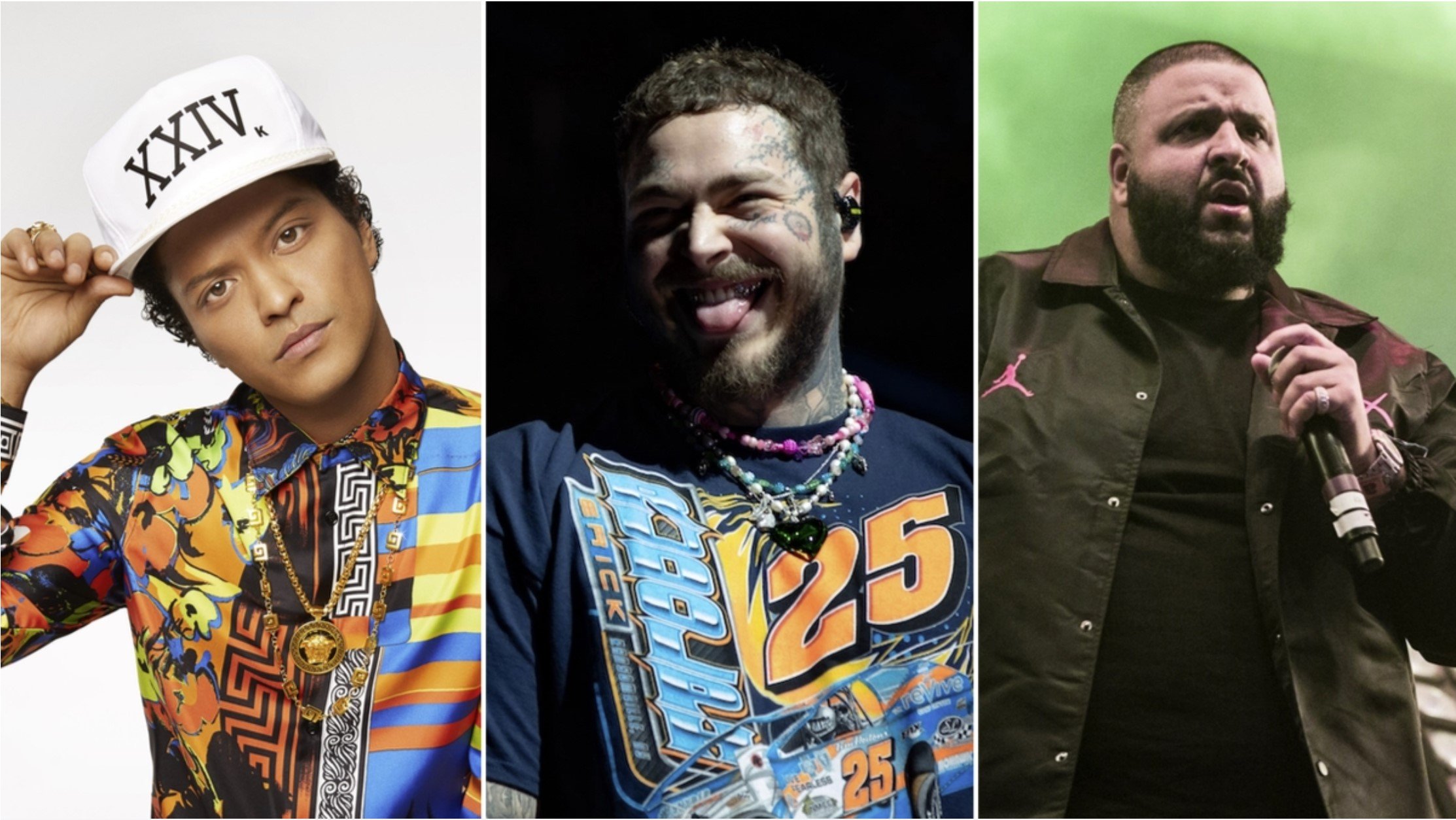Rebranding the Saudis
Saudi Arabia’s image needs a serious overhaul, and they know it.
In 2018, Crown Prince Mohammed bin Salman approved the murder of Jamal Khashoggi, an exiled journalist with The Washington Post.
The Saudi government executed 81 men in March 2022, the largest mass execution since 2019.
And, you may remember that the prince rose to power by staging a coup that included killing family members who stood between him and the throne.
The Saudis must have thought branding Mohammed bin Salman as MBS—a riff, perhaps, on RGB—would be enough to distract the world from his wrongdoings. But no. Killings and coups are not so easily swept under the rug. Even if you give $2 billion dollars to the ex-president’s son-in-law.
Nation Branding
MBS is not creative like Steve Jobs or adventurous like Richard Branson. He’s not even Elon Musk, who’s dangerous and deceptive. But Musk is running a tech company, not selling a country.
So, if a person isn’t effective in embodying the brand image, the country itself needs a reboot. That’s where “nation branding” comes in.
Nation branding has grown as a research field over the last two decades. One of the leading scholars in this field is Dr. Nadia Kaneva of the University of Denver. She provides the following definition:
Nation branding as a compendium of discourses and practices aimed at reconstituting nationhood through marketing and branding paradigms. In terms of practical manifestations, nation branding includes a wide variety of activities, ranging from “cosmetic” operations, such as the creation of national logos and slogans, to efforts to institutionalize branding within state structures by creating governmental and quasi-governmental bodies that oversee long-term nation branding efforts.
She explains that nation branding is not merely marketing tactics, but an integral aspect of national policy and economic development. These initiatives are targeted to both internal and international audiences.
A great example is Ukraine’s use of “bravery” as a brand. As Kaneva notes in an article in The Conversation, the country’s advertising agency pitched the strategy shortly after the war started. By April, President Zelenskyy was announcing the brand on YouTube. The branding worked to galvanize the country and to project a strong image to the rest of the world.
For Saudi Arabia, the plan is extensively outlined on their website Vision 2030. What I outline below is the most visible part of this initiative.
Nation Branding — Saudi Arabia
What Saudi Arabia has more than anything else is money. But flaunting your wealth is not the image that will overcome bad acts and Dubai has “extravagance” locked down. Instead, the country did what marketers always do—show shiny, happy things in one hand so you won’t look at the nasty stuff in the other. In this case, sports and entertainment became the road to recovery.
In 2021, the Saudis created a golf league to compete against the PGA. This was smart in a number of ways. Golf, like tennis, is a rich people’s sport. The PGA is notorious for underpaying its players and younger players receive nothing. Even star golfers are dependent on sponsorships to supplement their income. In fairly short order, the Saudi-funded LIV Golf became a viable competitor by poaching top-name talent like Phil Mickelson. By June 2023, the PGA Tour caved to what seemed to be the inevitable and agreed to merge with LIV Golf. ESPN called the deal “shocking.”
The merger caused outrage online…for about a nanosecond…making the deal a major step in moving the country’s brand toward “fun and entertainment” instead of “terror and death.”
Golf was just the beginning. Now, the Saudis have turned their sights on soccer. In much the same way the country lured top players to the country with untold sums of money, the world’s best footballers are being targeted. According to The New York Times, “the plan appears to be a centralized effort,” meaning this is an element of nation branding.
Music is also part of the branding mix. Saudi Arabia has launched a major music festival to rival—or even surpass—events like Coachella or Lollapalooza. The festival, called Soundstorm, began in 2019 and has been attracting top-name talent like Bruno Mars, Post Malone, and DJ Khaled to headline at a festival that reportedly attracts 600,000 people. They are also using one of the most deceptive forms of advertising to promote this event. Conde Nast Traveler posted branded content—an ad that looks like an article—with the headline “ This Music Festival in the Middle East is Worth Traveling For.” The only way someone would know this is paid content is by looking in the URL which contains the word “sponsored.”
All of this is working. After a rush of concern, the PGA tour goes on as if nothing happened. Soundstorm is growing as a major industry event. And, in the ultimate PR coup for the Saudis, Secretary of State Andrew Blinken met with MBS.
Remember Sun City?
Saudi Arabia is not the first country to do be known for atrocities, and sadly it won’t be the last.
I am most concerned about how quickly the nation branding is taking hold and little pushback the Saudis are getting.
It doesn’t have to be that way and entertainers (and sports figures) can be part of the solution.
In the 1980s, the world was galvanized to fight apartheid in South Africa by the United Nations imposing a cultural boycott against that country.
Steven Van Zandt—famously a member of Bruce Springsteen’s E Street Band and a member of The Sopranos cast—grabbed people’s attention with a protest song called “Sun City.” Sun City was a Vegas-like resort for wealthy white folks, who were entertained with gambling and entertainment from top music talent. While guests lounged in the sun, blacks were “relocated” from their homes and segregated into impoverished communities.
When is someone going to say “I’m not going to play Riyadh?”
See how many rock stars you recognize. You can read the lyrics here.
My New Book is Out Now!
👉 Hoodwinked unpacks the hidden
forces shaping your financial, political, and personal decisions.
Grab your copy at IndieBound or listen on Audible—or find it at all good bookstores.






